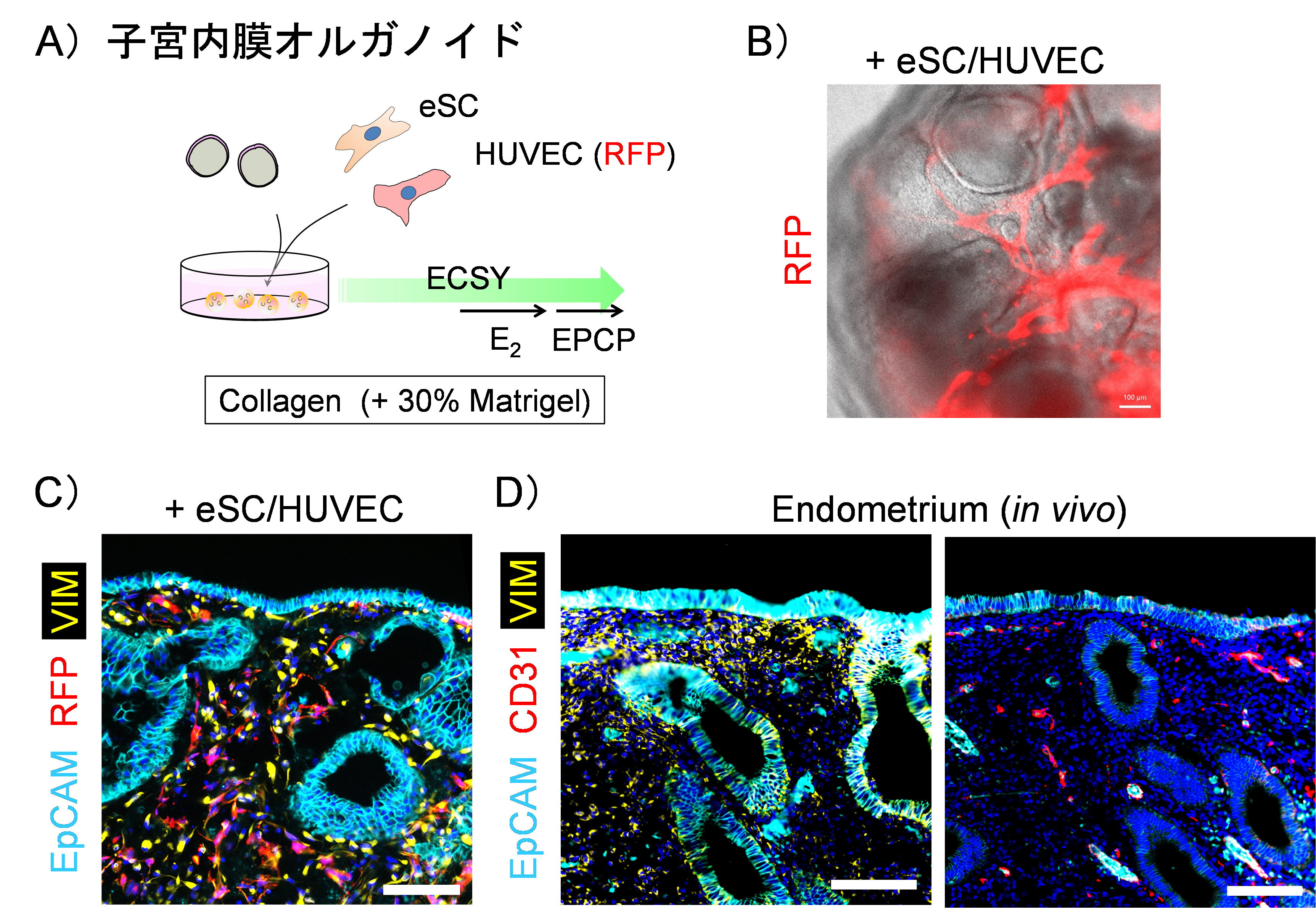2024-02-22 ワシントン大学セントルイス校
ワシントン大学セントルイス校と国際パートナーの研究によれば、約6600万〜1億年前の白亜紀後期にユーラシアで蘭が起源した可能性があることが示されました。研究は、2月21日にNew Phytologist誌に掲載されました。著者の1人である生物学者のSusanne Rennerによれば、蘭はかつてユーラシアで広く分布していた植物の中で、今日、熱帯の東南アジアに小さな生存の跡が見られるとのことです。また、蘭はほぼ3万種類あり、そのほとんどが熱帯雨林の樹木の上で生育する着生植物です。
<関連情報>
- https://source.wustl.edu/2024/02/new-insight-into-orchid-origins/
- https://nph.onlinelibrary.wiley.com/doi/10.1111/nph.19580
ランの起源と種分化 The origin and speciation of orchids
Oscar A. Pérez-Escobar, Diego Bogarín, Natalia A. S. Przelomska, James D. Ackerman, Juan A. Balbuena, Sidonie Bellot, Roland P. Bühlmann, Betsaida Cabrera, Jose Aguilar Cano …
New Phytologist Published: 21 February 2024
DOI:https://doi.org/10.1111/nph.19580

Summary
- Orchids constitute one of the most spectacular radiations of flowering plants. However, their origin, spread across the globe, and hotspots of speciation remain uncertain due to the lack of an up-to-date phylogeographic analysis.
- We present a new Orchidaceae phylogeny based on combined high-throughput and Sanger sequencing data, covering all five subfamilies, 17/22 tribes, 40/49 subtribes, 285/736 genera, and c. 7% (1921) of the 29 524 accepted species, and use it to infer geographic range evolution, diversity, and speciation patterns by adding curated geographical distributions from the World Checklist of Vascular Plants.
- The orchids’ most recent common ancestor is inferred to have lived in Late Cretaceous Laurasia. The modern range of Apostasioideae, which comprises two genera with 16 species from India to northern Australia, is interpreted as relictual, similar to that of numerous other groups that went extinct at higher latitudes following the global climate cooling during the Oligocene. Despite their ancient origin, modern orchid species diversity mainly originated over the last 5 Ma, with the highest speciation rates in Panama and Costa Rica.
- These results alter our understanding of the geographic origin of orchids, previously proposed as Australian, and pinpoint Central America as a region of recent, explosive speciation.


